It’s really important to keep things in perspective. This was brought home to me, forcefully, when I was very young.
It’s not just insects, or wildlife, or even nature that fascinates me. It’s everything about the world — and the universe beyond it. I’m embarrassed to say that it’s dimmed a bit of late, but when I was a boy I was deeply interested in astronomy. I had an Airfix model of a Saturn V rocket, planetary and star charts on the wall, and a map of the moon marked with Apollo and other landings.
I had a few books too — probably something or other by Patrick Moore, a pictorial spotter’s guide to constellations, a pictorial atlas of planets, moons and galaxies, and I remember some sort of history of astronomy.
But it was an astronomy picture book I sent off for, from the back of a Weetabix packet (or it might have been Shreddies) when I was about 10, that caused all the trouble. It haunts me to this day. In it was a diagram showing the life of a typical star, from vague gas cloud to condensed solar orb of the main sequence (like our sun today) to red giant to white dwarf. It was a simple diagram, clear and to the point. It was this that got me all agitated.
Five billion years from now, having used up nearly all of its hydrogen in fusion to create helium, the sun’s mass (currently 2 x 1030 kg) will have reduced to the point where its gravity grows less, the internal pull on its gaseous structure diminishes and it starts to expand in size. As the outer layers glow hotter and redder, it will engulf the orbits of, first Mercury, then Venus, then Earth.
The Earth will be vaporized in five billion years time.
I was beside myself with despair and sat on the bed weeping and wailing my 10-year-old equivalent of “What’s the point of it? We’re all going to die.” It wasn’t so much my own death I was worried about, more the end of civilization as we know it.
My father sat down on the bed to try and console me. He probably tried to explain why it didn’t matter what would happen 5,000,000,000 years from now — further into the future than the Earth is now from its origin. Maybe he made science-fiction predictions about translocating the Earth’s population to extraterrestrial colonies, or perhaps even towing the planet off into deeper space.
I did calm down, and eventually got to sleep that night. But afterwards, each time I surreptitiously glanced at that stellar evolution chart, I had another frisson of anxiety.
So maybe that’s why I spend so much time looking at the tiny things of the world. They take my mind away from some of the larger things.

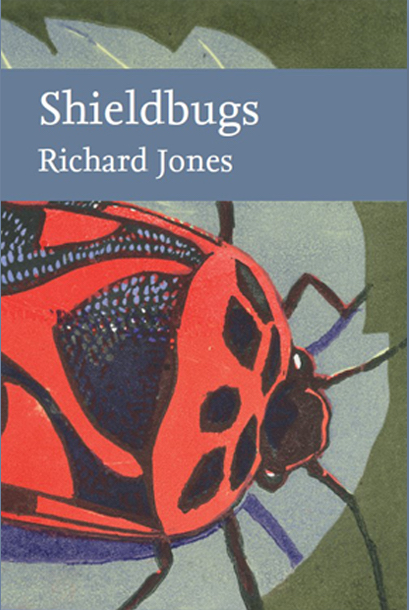



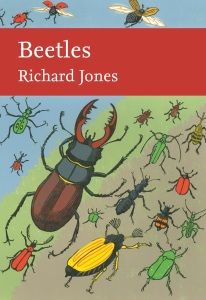









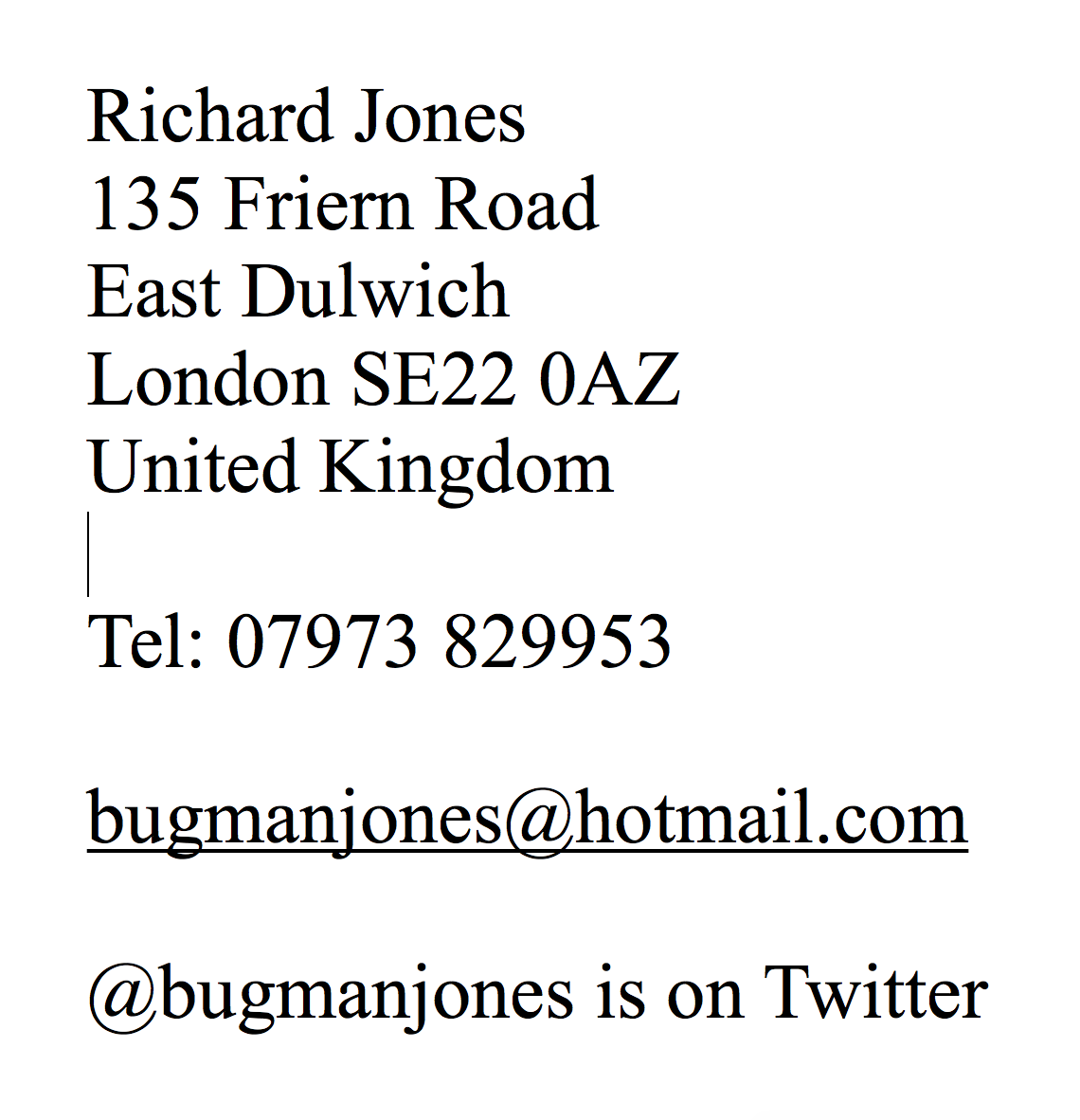


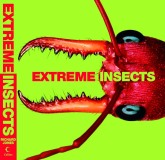

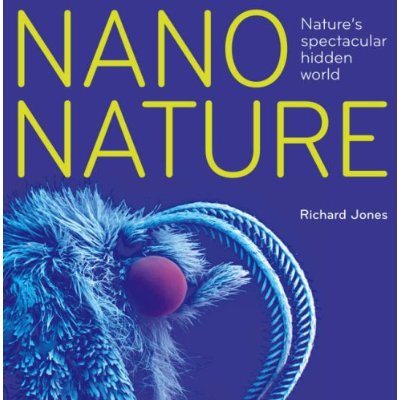
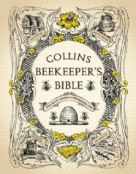



Thank you for sending this. I’m 54 years old and am still searching for meaning in my life. Reading this helped just a little for me to get in touch with myself, so thank you. It certainly is depressing & sad to realize we are so fleeting. What gives your life meaning? Steve, in NY
Sent from my iPhone
>